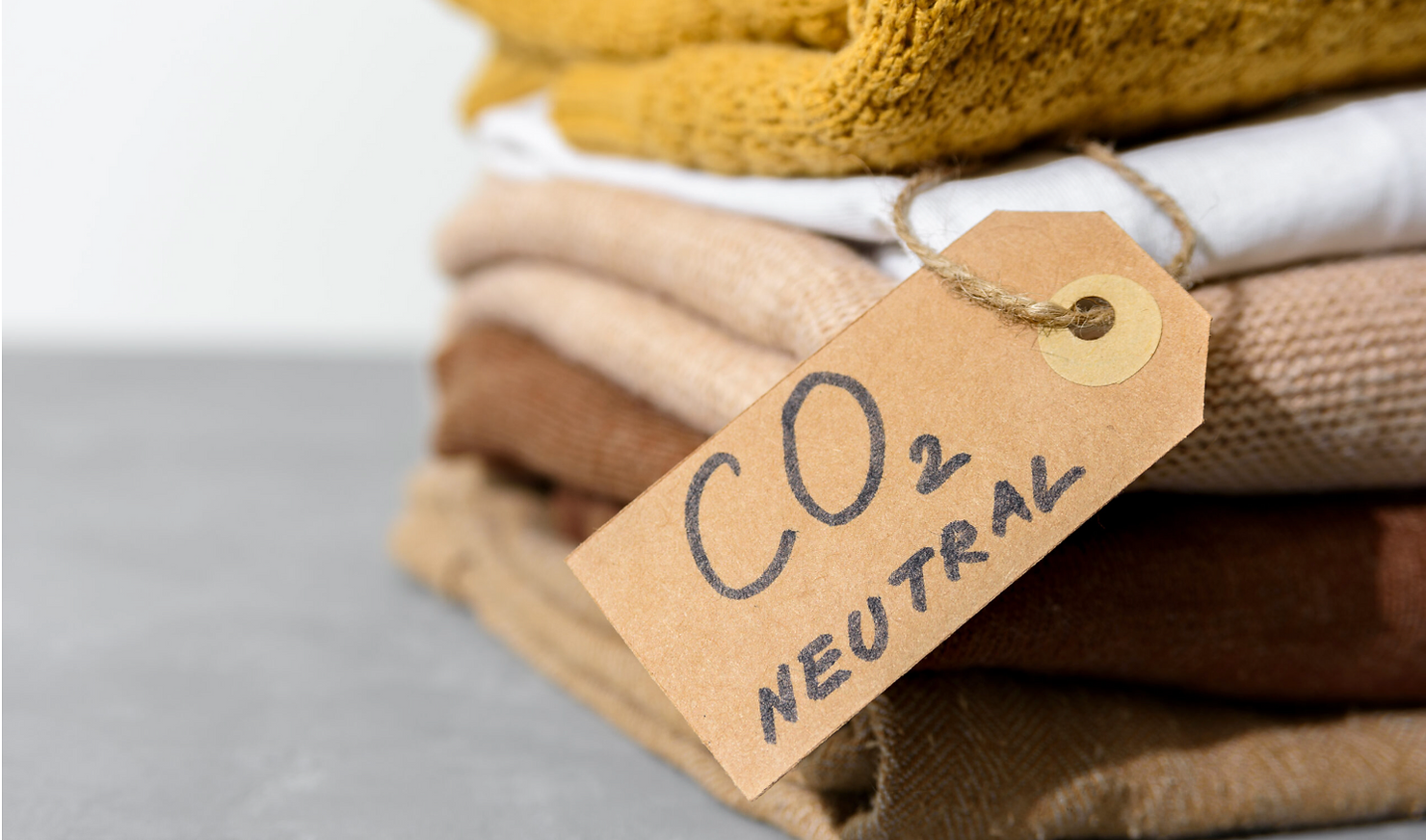A survey conducted by Morning Consult reveals that only 41% of respondents correctly understood that “carbon neutral” means having a balance between emitting carbon and absorbing carbon from the atmosphere. Carbon neutrality is achieved by calculating a product’s carbon footprint and reducing it to zero through a combination of in-house efficiency measures and supporting external emission reduction projects by buying offset through credits or direct investments in renewable power.
You can read the report here.
Whatever your feelings on the merits of carbon offsets, I think we can all agree that if purpose-driven companies are going to use terms like “carbon neutral” on their products, they should make sure that consumers know what those terms actually mean.
If consumers don’t know what sustainability work your company is doing, they can’t shop their conscience.
And consumers want to shop their conscience. 85% of millennials in the United States would switch brands for a good cause, and 50% of sales growth in consumer goods went to products marketed as sustainable between 2013 and 2018*.
Doing a better job communicating about your purpose work will distinguish your brand from your competitors, and allow consumers to support the work you’re doing. The more successful your brand is in the marketplace, the more successful your purpose work will be.




